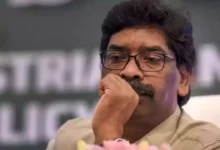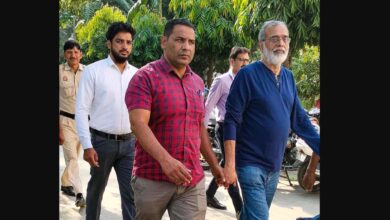63% of Haryanans live below the poverty level, according to data
Unsettling information has surfaced indicating that 63% of people in Haryana are BPL (below poverty line) holders. This number was developed by the government using Parivar Pehchan Patras, or family IDs (PPPs).

Based on statistics from the Food, Civil Supplies and Consumer Affairs Department, 44,90,017 BPL cards (families) in the state include 1,80,93,475 BPL units (persons). The PPP figures state that there are now 2.86 crore people living in Haryana, a fact that former chief minister Manohar Lal Khattar also mentioned during his recent visit to the state.
This indicates that around 63% of the state’s population is BPL. According to officials, the BPL classification is awarded after a verification of the income reported by the individuals listed on family IDs. Officials, owners of ration stores, and sociologists, however, have expressed skepticism over the veracity of the data submitted by applicants for BPL cards.
Some depot employees claim to have known many wealthy, upper middle class families in nearby areas. “But they have managed to get BPL cards in order to take advantage of government schemes like free foodgrain and cheaper rations,” a depot holder claims.
Similar circumstances exist in some metropolitan areas. People have managed to fall into the BPL category even with healthy family incomes. According to another depot holder, some families have created several cards in order to ensure that the BPL category’s threshold limit is not exceeded and they continue to get benefits. The city with the most number of BPL households, according to the statistics, is Faridabad, followed by Mewat, Hisar, and Karnal. Karnal and Hisar are two of the state’s wealthiest districts.
Sociologist Prof. Jitender Prasad claims that the organizations that put together the data seem to have neglected to validate and check it. He claims that even the segmented split of this data in the towns of SC and BC won’t portray it nearly as realistically. He argues it’s conceivable that political motivations prevented the data from being checked.







